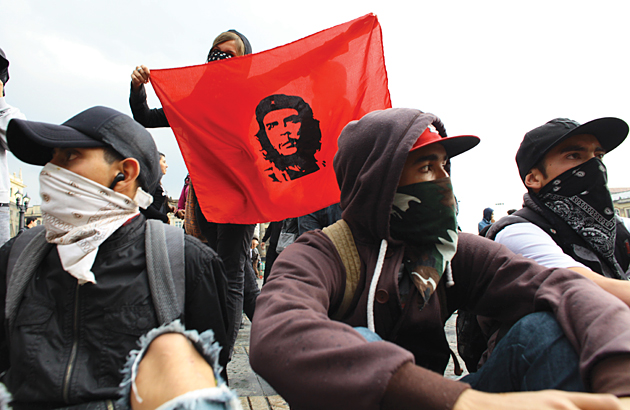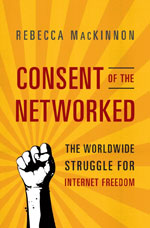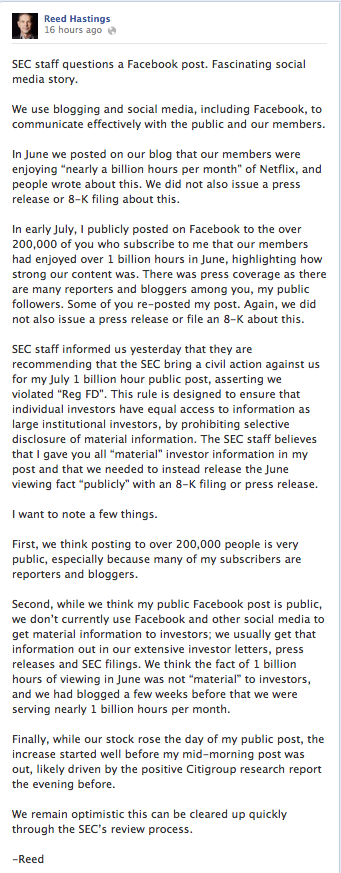In the December issue of Risk Management, we published a piece about the rising risk of terrorism in Colombia due, in part, to the Revolutionary Armed Forces of Colombia (FARC), the country’s violent guerrilla group. Though there has been almost 50 years of tension between the anti-imperialist organization and Colombia’s government, recent peace talks created a sliver of hope for an end to violence between the two factions. FARC even pledged to cease kidnapping and declared a unilateral ceasefire until January 20, 2013.
But according to Colombian President Juan Manuel Santos, that’s just not enough. The president promised to support FARC as a legitimate political party if the group ended its violent ways — now.
“If Farc wants to end the conflict and switch bullets for votes, it will find the government at its disposal,” he said.
buy biaxin online www.urologicalcare.com/wp-content/uploads/2023/10/jpg/biaxin.html no prescription pharmacy“But if it tries to put its revolution on the table again instead of the decree placed on the table in Cuba, there will be no peace.” He added: “This cannot be a process of years but months.”
Refusing to accept the group’s cease fire pledge, President Santos made his impatience clear with a deadly raid December 3 that targeted a FARC camp, killing at least 20 rebels. FARC, apparently in retaliation, launched an attack of its own seven days later, killing one and injuring three in the southwestern region of Colombia.
But if these two groups can manage to come to a resolution, it would be a historic moment for all of Colombia.
It would also significantly quell the country’s rampant, rebel-led kidnap-for-ransom practice.
As Will Miller, divisional director of special contingency risks for Willis, pointed out in his latest article on WillisWire, “The FARC’s actions in these initial stages of peace negotiation are a strong indication that there could be a reduced risk of kidnaps for ransom in Colombia.”
The peace talks are indeed a good sign — for many reasons. But we must remember that the FARC are not the only aggressive, paramilitary group to call Colombia home. And that may never change.









